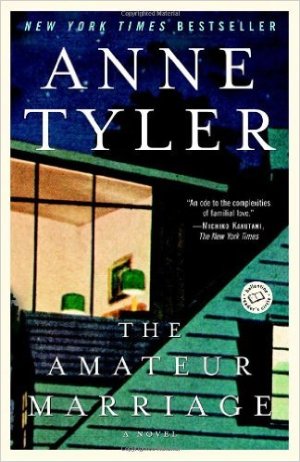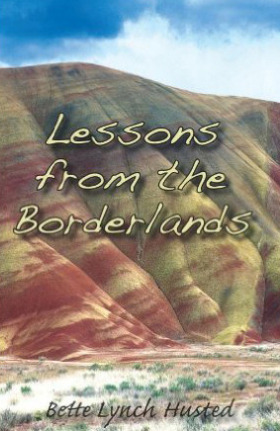
What tools do you use in your writing practice, she asked.
I write letters to a friend, I said, on paper and in my head.
1.
Death is not a crisis.
A friend said this years ago, and we built a book around the idea — Sweet Grief.
She painted through the death of her husband and I wrote poems alongside her experience. We took the show on the road, packed up paintings and poems and travelled to galleries. See, we said, this is death but it’s not horrible. It’s a passage in pretty pictures and poems.
But what did I know? How tender it now seems, how naive. Because now I’m in a storm, and all around is pain and grief that swallows, spits and keens — and that feels a lot like a crisis.
After the swirl of events and activities, the meal train, flowers and full fridge, life turns inward, turns still. Sadness works into the crevices, lodges deep. We don’t want to go home. And we don’t want to go out. This is what the living do, and the dying too: wait, cry, wait.
The house is quiet, she tells me, and sad.
2.
Don’t get me wrong.
I knew death. Before this, I knew illness and loss. Friends, neighbors, grandparents, grief. But each loss is fresh, and old, and resurrected.
Don’t get me wrong, I know nothing.
3.
Years ago, my neighbor was “poet laureate” of her church. Each week she would share a poem with her congregation. When she was dying she gave me her poetry books — a stack of Mary Oliver and David Whyte, and several others that I took home, placed lovingly on my bookshelf, and forgot.
Last month I opened one, a thick anthology, Cries of the Spirit. And I've made it my own. Dozens of pages are now marked, lines rising to meet me:
Prayer iscircumference
we may not
reach around,
space for all we cannot hold,the rim of Love toward which we lean.
- excerpt from Nothing So Wise
by Jeanne Lohmann
4.
Pray until you believe, my mother says.
Each in our own way, we're crying, feeling, praying. Isn't it all the same? I want to make this suffering beautiful, our sorrow poetic, but it’s not. It’s eating too much, sleeping too late, talking and not talking. It is lashing out and curling up. It is, at turns, loud and hard, soft and slow. It is never quite right.
5.
Not long ago, my husband and I paddled our boards across the Columbia River, against wake, wave, wind and swirl.
Confused seas, he called it, a sailing term to describe current, wind, and wake at competing angles. Well that’s a metaphor, I said, and a few moments later my jaunty aside turned to tears, and he scrambled across waves to comfort me as I screamed, no, no, no, you’ll tip me. And so, as a barge passed, fishermen fished and sailors sailed, we sat on ours boards in the center of the river, and I sobbed.
Because everyone is sick or dying. Because sadness is no excuse, not tool or aid. It does not act. It does not do. Because it is not enough to absorb and feel. Because one must do and help and sometimes fix. Because I cannot fix. Because grief immobilizes and I want to do good, do better, do something.
6.
Let me be tricked into believingthat by what moves in me I might be saved,
and hold to this. Holdonto this until there’s wind enough.
- excerpt from To a Milkweed
by Deborah Digges



























